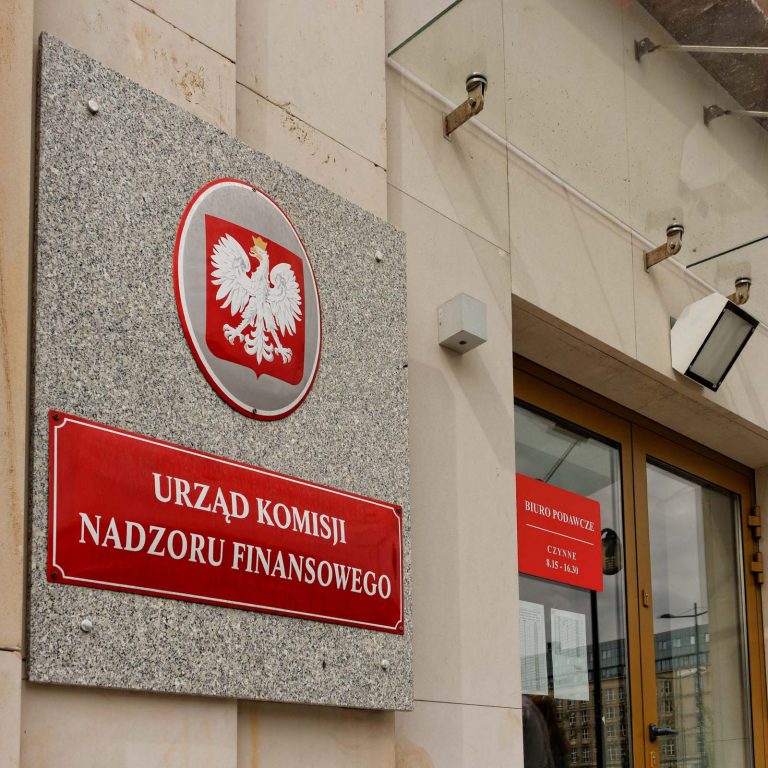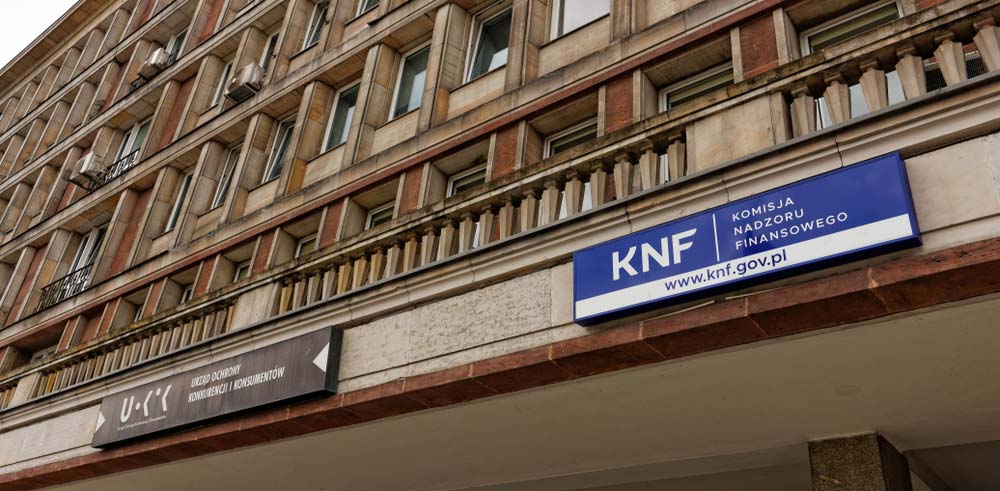
Macro trends suggest that a global economic crisis could be looming. Worries about a global recession have been fed by the newly published GDP report showing that China grew at its slowest rate last year since 1990. If a global recession were to happen in the future, many believe that cryptocurrencies, bitcoin primarily, would benefit.
Also Read: Davos 2019: Leaders Share Mixed Cryptocurrency Predictions
IMF Sees Serious Slowdown
 There are a number of indicators pointing to a potential economic downturn. In its World Economic Outlook, the International Monetary Fund (IMF) warned a no-deal Brexit could be a severe shock to the British economy. An escalation of Trump’s trade war with China is also another threat.
There are a number of indicators pointing to a potential economic downturn. In its World Economic Outlook, the International Monetary Fund (IMF) warned a no-deal Brexit could be a severe shock to the British economy. An escalation of Trump’s trade war with China is also another threat.
The IMF has shared its financial market sentiment stating: “Escalating trade tensions, together with concerns about Italian fiscal policy, worries regarding several emerging markets, and, toward the end of the year, about a U.S. government shutdown, contributed to equity price declines during the second half of 2018. A range of catalyzing events in key systemic economies could spark a broader deterioration in investor sentiment and a sudden, sharp repricing of assets amid elevated debt burdens.”
Statistics released on Jan. 21 show China’s GDP growth slowed to 6.6 percent year on year in 2018, the slowest pace since 1990.
Cryptocurrencies Will Be Pushed Higher as an Alternative to the Dollar
If we continue to see a significant decline in economic activity what could this mean for cryptocurrencies? Ciaran Hynes, managing partner at Cosimo Ventures, opined: “Depending on when a recession hits and what its causes are, cryptocurrencies could experience several effects. If a recession were to happen in traditional markets in the near future, and the causes are related to excessive contraction of the dollar money supply, which was a big part of the 2008 crisis, then you probably get a rush to scarce cash and decline in relative market value of all assets that are liquid, such as gold.”
 Hynes explained that all unstable cryptocurrencies could fall hard and there could be a surge to the higher quality dollar-pegged stablecoins. Many crypto holders will not want to cross over into fiat, and we may even see a market premium for these stablecoins. “Weaker dollar-pegged stable coins — ones that are algorithmic only, or don’t have a transparent 100% reserve of actual dollars behind them — may be tested or even shorted until they collapse,” added Hynes.
Hynes explained that all unstable cryptocurrencies could fall hard and there could be a surge to the higher quality dollar-pegged stablecoins. Many crypto holders will not want to cross over into fiat, and we may even see a market premium for these stablecoins. “Weaker dollar-pegged stable coins — ones that are algorithmic only, or don’t have a transparent 100% reserve of actual dollars behind them — may be tested or even shorted until they collapse,” added Hynes.
If the next recession happens later or is caused by other factors, such as loss of confidence in the U.S. dollar itself, then we may see very different outcomes from those postulated above. Hynes predicted:
Cryptocurrencies would likely be welcomed and pushed higher as an alternative to the U.S. dollar. As a result, all dollar-pegged stablecoins might then be sold off heavily and tested on their ability to store value.
Exodus Into Real World Assets Such as Gold
If a global recession were to impact the value of government-issued currencies and their purchasing power, we would likely see an exodus into real world assets such as gold, shared Kai C. Chng, CEO of Digix, an asset tokenization company.
Chng said: “Precious metals have been a historic safe haven in times of economic uncertainty and are largely resilient to the fluctuations of international monetary markets. Should a global recession impact the purchasing power of traditional currencies, for those who already understand the benefits presented by cryptocurrency, we would expect to see increased interest in owning bitcoin, while those who are currently ill-acquainted with the cryptocurrency market are likely to show new interest in entering the space.“
 According to Bitmex Research, bitcoin has traded like a safe heaven asset from 2011 to 2013. After that point it seemed to take on attributes of a “risk on” asset, for instance a very strong performance in 2017 alongside large cap Chinese tech stocks. Bitmex Research states that a flight to safety and liquidity now would prove negative for bitcoin and cryptocurrency prices. If bitcoin was able to shift again and rally as a safe heaven asset in a deleveraging environment, however, that would be very positive news for bitcoin. The research group noted though that it has yet to see any evidence of that yet.
According to Bitmex Research, bitcoin has traded like a safe heaven asset from 2011 to 2013. After that point it seemed to take on attributes of a “risk on” asset, for instance a very strong performance in 2017 alongside large cap Chinese tech stocks. Bitmex Research states that a flight to safety and liquidity now would prove negative for bitcoin and cryptocurrency prices. If bitcoin was able to shift again and rally as a safe heaven asset in a deleveraging environment, however, that would be very positive news for bitcoin. The research group noted though that it has yet to see any evidence of that yet.
Crypto Is a Hedge Against Macroeconomic Insanity
Will cryptocurrencies become a hedge against economic meltdown? Robert Viglione, co-founder of Horizen, said: “As much as I want to believe that cryptocurrencies are the ideal disaster asset, we really don’t have enough data to draw that conclusion.” He added:
It makes some sense in that bitcoin returns have zero covariance with any other asset class thus far, but we only have about 10 years of data. My hunch is that as crypto markets mature, they’re going to start picking up some general market correlation. For now, however, crypto is at least a decent hedge on all of the macroeconomic insanity.
Ned Myers, head of product at Alphapoint, a provider of distributed ledger technology, explained that when we think of the state of digital assets in the context of a potential recession, there are two considerations that come to mind:
- First, where the intrinsic value of fiat currencies may logically be linked to the credit quality of the underlying sovereignty, de-centralized currencies may not have that same correlation.
- Second, to the extent that security tokens clearly delineate the payment rules of a security and improve the transparency of holdings through distributed ledgers, accelerated adoption of blockchain technology could improve transparency of securities holdings – a problem that was part of the storyline in 2008.
Many crypto advocates will be hoping that the next recession helps push cryptocurrency into the mainstream. During economic turmoil, investors will always flock towards safe haven assets that are largely resilient to fluctuations of international monetary markets. So far bitcoin has shown many characteristics of the ultimate safe haven — gold.
How do you think a recession would effect bitcoin? Let us know in the comments section below.
Images courtesy of Shutterstock.
Need to calculate your bitcoin holdings? Check our tools section.
The post Why a Global Recession Would Be Good for Bitcoin appeared first on Bitcoin News.
from Bitcoin News http://bit.ly/2WcD7f4 Why a Global Recession Would Be Good for Bitcoin




















